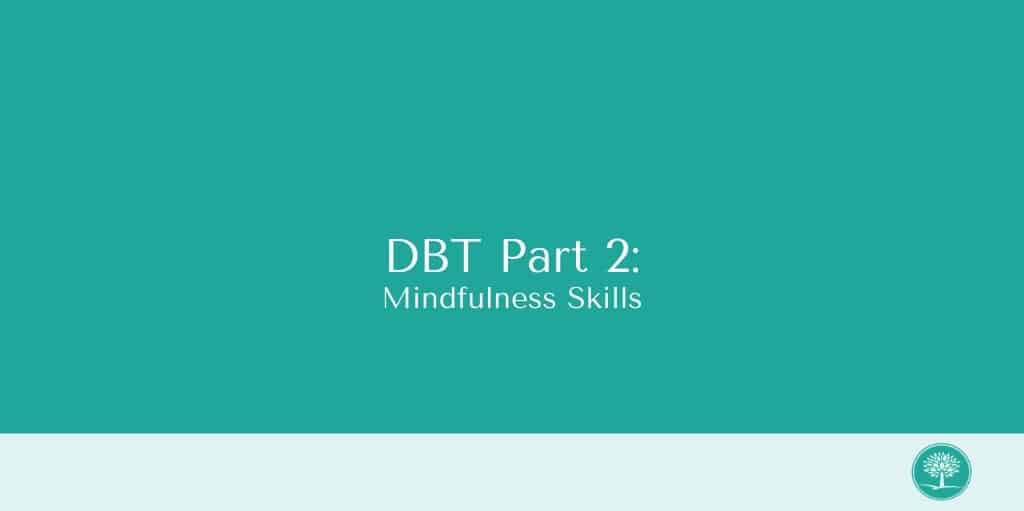Relapse Workshop: Reducing Relapse Risk
Estimated watch time: 4 mins 13 secs
Summary:
This video guide walks you through some of the steps you can take to reduce your relapse risk, including building a support system. Your support system can be loved ones, your 12-step group or anyone you feel comfortable with. Reducing relapse risk is reliant on being prepared and strategic in how you approach and cope with triggering situations.
Other Addiction & Mental Health Resources
The Recovery Village has several, free resources for those living with addiction or mental health conditions and their loved ones. From videos, to clinically-hosted webinars and recovery meetings, to helpful, medically-reviewed articles, there is something for everyone. If you need more direct help, please reach out to one of our representatives.









